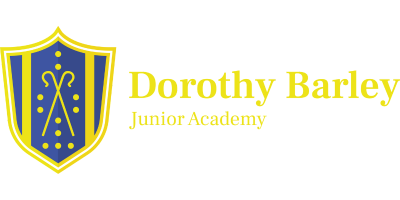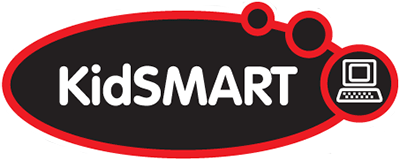E-Safety & Online Safety Advice for Pupils
Internet Safety
It’s really important that you know how to use the internet without causing any harm to yourself or others. Click into these links to check out how to stay safe on while you surf the web…..
Kidsmart – lots of information and quizzes
Top tips for pupils safe surfing at home and at school
- You have the right to feel safe all the time, including when using ICT or your mobile phone.
- If anything makes you feel scared or uncomfortable online tell a responsible adult straight away. Don’t be afraid you will get into trouble.
- If you get a nasty message or get sent anything that makes you feel uncomfortable, do not reply. Show it to a responsible adult.
- Only email people you know, or those whom a responsible adult has approved.
- Messages you send should be respectful.
- Talk to a responsible adult before joining chatrooms or networking sites.
- Keep your personal details private when using ICT or a mobile phone. Your name, family information, journey to school, your pets and hobbies are all examples of personal details.
- Don’t show anyone photographs of yourself, friends or family without checking first with a responsible adult.
- Never agree to meet an online friend in real life without checking with a responsible adult.
Responsible adults include your teachers, parents and the carers with whom you live. If you have any worries about using ICT safely at home or in school, please speak to them.
E-Safety at DBJA
E-Safety Overview: E-Safety Overview
For more information, please visit the Computing page in the Curriculum Overview.
On January 24th, we hosted BDSIP Lead Computing Teacher, Gillian Bratley, who presented an Online Safety Workshop for parents. Please see her presentation below:

